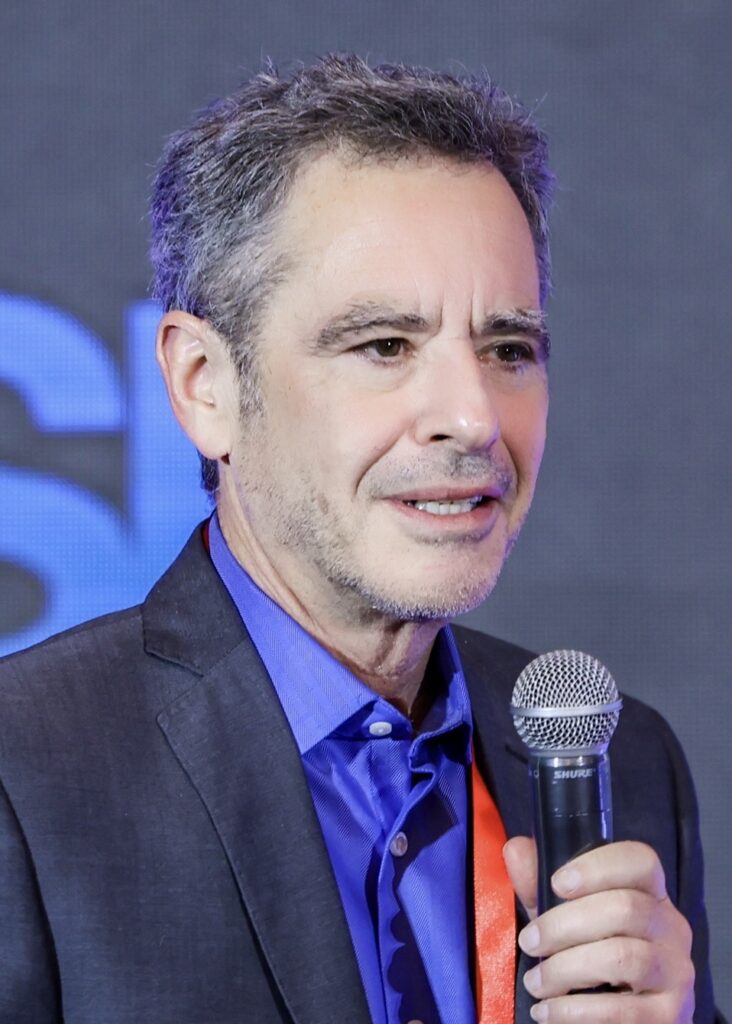NARRATIVE:
Psychodynamic theory suggests that there is an hierarchy of anxieties. Some types of anxieties are native to the conditions of being a helpless infant, and others emerge with increasing maturity and interpersonal connection. For example, annihilation anxiety characterizes an existential and pre-verbal sense of inner disaster that belies description. Moral anxiety involves fear of doing the wrong thing or being “bad”. This seminar will explore a developmental continuum of anxieties, the psychological states which underlie them, and how they manifest in a person. The emphasis will be on psychodynamic descriptors of anxiety as a meaningful experience to be tolerated, rather than on disease categories. The discussion will include a critique of common approaches to describing anxiety in terms of disease manifestation rather than internal subjective experience. The instructor will also review approaches for addressing different anxieties in psychotherapy and how they relate to different kinds of character structure.
LEARNING OBJECTIVES:
Participants will be able to:
- Differentiate three different types of anxiety as described in the psychodynamic literature, including annihilation anxiety, abandonment anxiety, and moral anxiety.
- Explain neuropsychological bases of three different anxiety states, locating each one in a functional area of the brain.
- Describe three psychodynamically informed treatment strategies for addressing and resolving anxiety states in psychotherapy, as evidenced by sample case conceptualization practice.
- Assess personality organization on three different cases based on type of anxiety states presenting clinically.
COURSE OUTLINE — 6 HOURS
8:30 am
Registration
9:00
Introduction of presenter
9:16 am – 10:30 am
Orientation to the role of anxiety in a psychodynamic theory
Anxiety as meaningful experience rather than “symptom”
Psychoanalytic perspectives: Signal anxiety vs. neurotic or psychotic anxieties
Anxiety and Object Relations
Anxiety, attachment, and regulation
Neurobiology of anxiety
10:30 am — 10:45 am
Break
10:45 am — 11:00 am
A developmental hierarchy of anxieties
11:00 — 11:30 am
Annihilation anxiety
11:30 — 12:00 pm
Abandonment anxiety
12:00 — 1:00 pm
Lunch Break
1:00 — 1:30 pm
Moral Anxiety
1:30 — 1:45 pm
Break
1:45 pm — 2:30 pm
Treatment considerations for annihilation, abandonment, and moral anxiety
2:30 pm — 4:00 pm
Crosswalking with personality organization
CONTENT CURRICULUM:
This seminar builds upon key competencies, skill sets, and knowledge bases associated with the literature of classic and contemporary psychanalytic psychotherapy, as well as attachment theory and principles of the neurobiology of attachment. It builds upon graduate-level concepts and elaborates them into applied clinical methodologies directly relevant to psychodynamically informed psychotherapy.
This presentation directly informs the clinical praxis of understanding and conceptualizing anxiety, in addition to effective psychotherapeutic management. The presentation includes a review of theoretical considerations as well as praxis considerations which directly inform treatment planning, case conceptualization, and the boundaries established in psychotherapy.
The content of this presentation represents intermediate level application of principles of psychodynamically informed psychotherapy. It presumes basic level knowledge of the assumptions and world-view inherent to several models of psychoanalytic psychotherapy (that is basic knowledge the principles of object relations, self-psychology, and related concepts.”
The content of this presentation is comprehensively based in the established literature of contemporary psychoanalytically informed psychotherapy, especially as it relates to the function and role of anxiety in human experience and behavior. The theoretical concepts and applied methodologies are characteristic of the broadly accepted principles and theoretical frames associated with this well documented model of psychotherapy. The inherent limitations of this content include the well-documented difficulties in establishing the empirical evidence of efficacy among competing models of psychotherapy, which are complicated by competing assumptions about what represents desirable outcomes (for example, perspectives on reducing versus tolerating anxiety, or the degree to which anxiety may be understood as adaptive or functional). The risks involved in this presented content include transient discomfort and emotional impact involved in addressing anxiety states that will be familiar experiences for participants.
This presentation will include a discussion of the cultural, racial, and gender-based differences in the way anxiety manifests and is subjectively experienced. For example, the discussion will include analysis of the complex role of gender in the manifestation of annihilation versus abandonment anxiety.
BIO:
Dr. Bennett is a licensed psychologist, lecturer, and administrator with experience in public sector mental health and substance abuse treatment. His clinical background is in inpatient psychiatric settings and outpatient community mental health settings. He was formerly founder and first Director of Training for the Ventura County Behavioral Health Pre-Doctoral Internship in Clinical Psychology and Chair of the Santa Barbara County Psychological Association. He is a core faculty member at Pacifica Graduate Institute and currently chairs the Department of Counseling Psychology at Pacifica. His research interests include personality disorders, comparative personality theory, and internet applications for mental health. Dr. Bennett is also a returned Peace Corps volunteer (Poland III, 1991-1993). He maintains a private practice in addition to his administration and teaching responsibilities.
COST:
CIP Members:
$120 early registration 10 business days prior to seminar; $150 after
Non-Members:
$150 early registration up to 10 business days prior to seminar, $180 after
CEs: 6 CEs for LMFTs, LCSWs, and Psychologists. Participants must attend the full live session and complete the evaluation at the end to receive a CE completion certificate.
The Community Institute for Psychotherapy is approved by the American Psychological Association to sponsor continuing education for psychologists. The Community Institute for Psychotherapy maintains responsibility for these programs and their contents.
Accommodations will be made wherever possible for those with disabilities. Please let us know of any disabilities upon registration to ensure proper accommodations are put in place prior to the workshop/training.
Cancellations must be received in writing 10 business days prior to the seminar, class, or first study group session for a refund minus a $25 cancellation fee. Cancellations less than ten days will not be refunded.
Grievance Procedure: CIP will respond to complaints in a reasonable, ethical and timely manner, when submitted by program attendees in writing to the Chair of CIP’s Professional Development Committee.
Anti-Discrimination Policy: CIP shall not discriminate against any individual or group with respect to any service, program or activity based on gender, race, creed, national origin, sexual orientation, religion, age or other prohibited basis. CIP does not require attendees to adhere to any particular religion or creed in order to participate in training. CIP will not promote or advocate for a single modality of treatment that is discriminatory or likely to harm clients based on current accepted standards or practice.
*There is no conflict of interest or commercial support related to this CE program.













